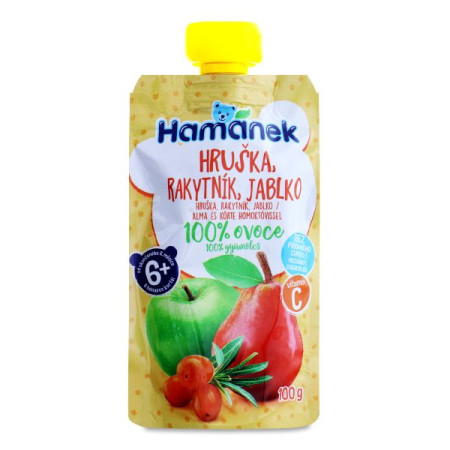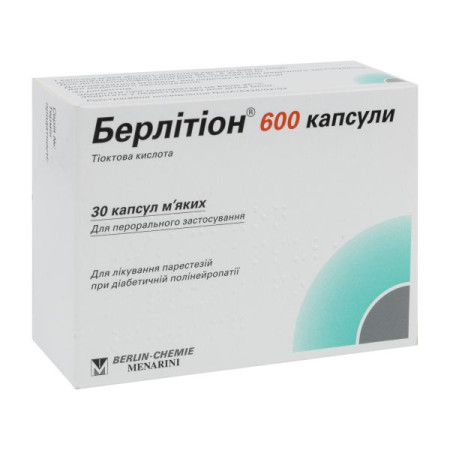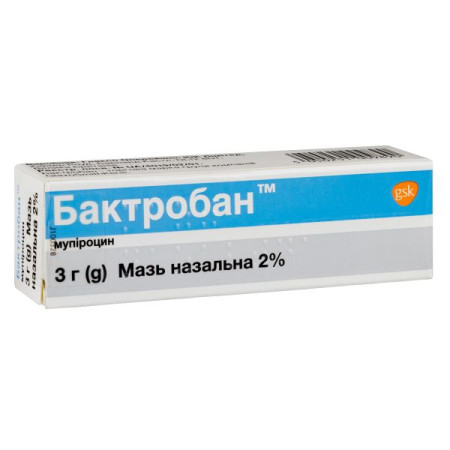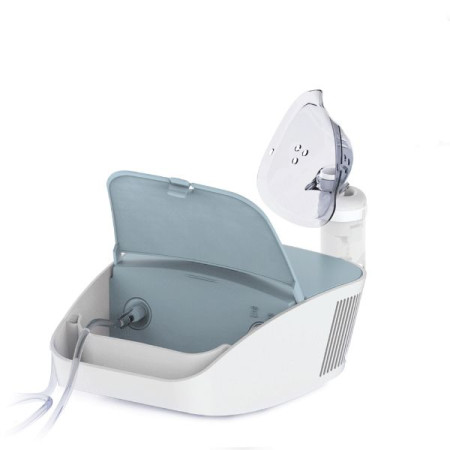Dioren solution for injection 20 mg / 4 ml ampoule 4 ml No. 5

Dioren is a diuretic drug. Highly active diuretics.
Indications for use - treatment of edema and/or effusions caused by heart failure, if intravenous administration of the drug is necessary, for example, in the case of pulmonary edema due to acute heart failure.
Warehouse
active substance: torasemide; 1 ampoule (4 ml) of solution for injection contains torasemide 20 mg; excipients: sodium hydroxide, trometamol, polyethylene glycol 400, water for injection.Contraindication
Hypersensitivity to the active substance, sulfonylurea drugs and to any of the excipients of the drug. Renal failure with anuria. Hepatic coma or precoma. Arterial hypotension. Hypovolemia. Hyponatremia. Hypokalemia. Acute urinary retention, e.g. due to prostatic hypertrophy. Breastfeeding.
Method of application
Swelling and/or effusions caused by heart failure.
Treatment should be initiated with a single dose of 2 ml of Dioren per day, equivalent to 10 mg of torasemide. If the effect is insufficient, the dose of Dioren can be increased to 4 ml per day as a single dose (equivalent to 20 mg of torasemide). If the effect is still insufficient, short-term (no more than 3 days) therapy with a daily dose of 8 ml of Dioren, equivalent to 40 mg of torasemide, can be used.
Acute pulmonary edema.
Treatment should be initiated with a single intravenous dose of 4 ml of Dioren, equivalent to 20 mg of torasemide. Depending on the clinical effect obtained, this dose may be repeated at 30-minute intervals. The maximum daily dose of 20 ml of the drug, equivalent to 100 mg of torasemide, should not be exceeded.
Application features
Since treatment with torasemide may cause an increase in blood glucose concentration, patients with latent and overt diabetes mellitus should have their carbohydrate metabolism monitored regularly.
Especially at the beginning of treatment, and in the case of elderly patients, special attention should be paid to the appearance of symptoms of electrolyte loss and blood thickening. With prolonged use of torasemide, regular monitoring of electrolyte balance, in particular serum potassium, is necessary. In addition, the content of glucose, uric acid, creatinine and lipids in the blood should be regularly monitored. Regular monitoring of the blood picture (erythrocytes, leukocytes, platelets) is also necessary.
Pregnant women
There are no reliable data on the effects of torasemide on pregnant women. Animal experiments have shown reproductive toxicity of torasemide. Torasemide crosses the placental barrier. Torasemide is not recommended for use during pregnancy, as well as in women of reproductive age who are not using contraception.
Children
Torsemide should not be prescribed to children and adolescents under 18 years of age.
Drivers
Even when used properly, torasemide may adversely affect the reaction rate when driving or operating machinery. This primarily applies to the beginning of treatment, the period of increasing the dose of the drug, changing the drug, prescribing concomitant therapy and drinking alcohol. Therefore, during the use of torasemide, special care should be taken when driving or operating machinery.
Overdose
Typical symptoms are unknown. Overdose may cause excessive diuresis with the risk of significant loss of water and electrolytes, drowsiness, confusional state, symptomatic hypotension, circulatory collapse and digestive disorders.
Side effects
On the part of the organs of vision - very rarely: visual impairment.
On the part of the auditory organs - very rarely: ringing/noise in the ears, hearing loss/decrease.
On the part of the heart - very rarely: myocardial ischemia, arrhythmia, angina pectoris, acute myocardial infarction.
From the vascular system - very rarely: thromboembolic complications, arterial hypotension, disorders of coronary and central circulation.
Gastrointestinal disorders: Common: Gastrointestinal disorders, such as loss of appetite, stomach pain, nausea, vomiting, diarrhea, constipation (especially at the beginning of treatment). Uncommon: Dry mouth. Very rare: Pancreatitis.
On the part of the hepatobiliary system - often: increased concentration of some liver enzymes (gamma-glutamyltransferase) in the blood.
From the skin and subcutaneous fat -
very rare: allergic skin reactions (e.g. itching, exanthema), photosensitivity reactions, severe skin reactions.
Storage conditions
Store in the original packaging at a temperature not exceeding 25ºС.
Keep out of reach of children.
There are no reviews for this product.
There are no reviews for this product, be the first to leave your review.
No questions about this product, be the first and ask your question.
















